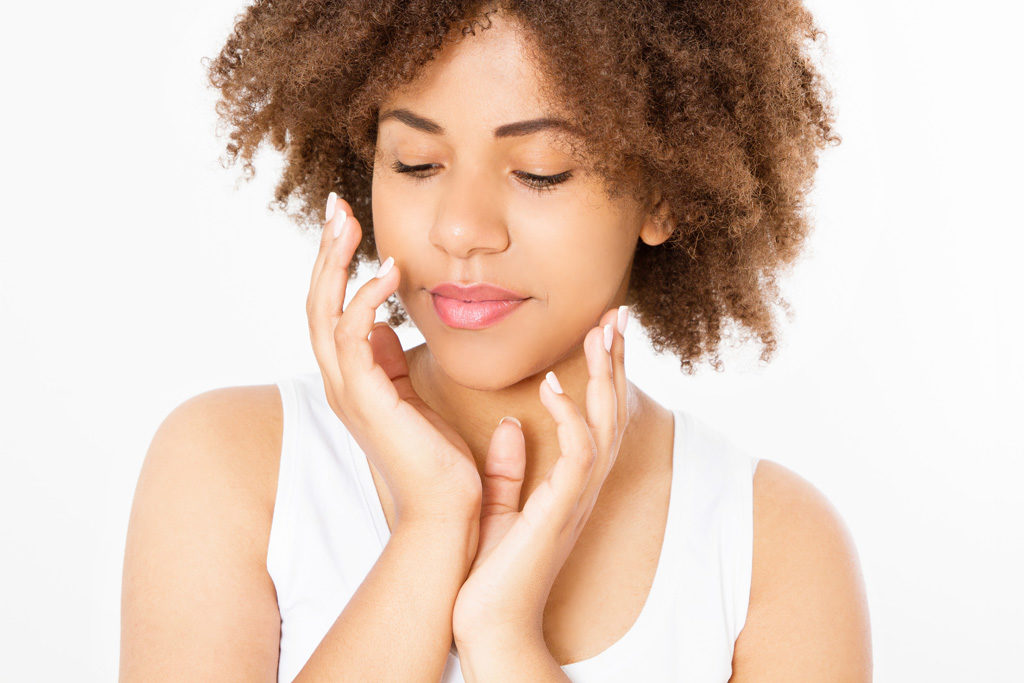Determine how much skin care is required by identifying your skin type
Your probability of burning or tanning is based on your skin type and other factors like age, duration and frequency of exposure, direct sunlight, time of the day, and cloud cover. In general, people are more sensitive if they are-
- Under 5 or 50 years of age
- Have large number of moles
- Family history of Skin Cancer
- Using certain medications
Your skin type plays a significant role in determining at what intensity you will get tanned. Dermatologists classify sin type in to 6 subgroups based on UV rays’ reaction. According to Food & Drug Administration (FDA) the table shows the type and reaction
| Type | Skin Description | Sun effects |
| Type I | Pale White | Highly sun sensitive, always burns, and never tans |
| Type II | White to light Beige | Very sun sensitive, burns easily, and tans minimally |
| Type III | Beige | Sun sensitive, burns moderately, and tans gradually to light brown |
| Type IV | Light Brown | Minimally sun sensitive, burns minimally, and tans to moderately brown |
| Type V | Moderate Brown | Sun sensitive, rarely burns and tans intensely to dark brown |
| Type VI | Dark Brown or Black | Sun sensitive, never burns and tans extensively |

Although, people with darker complexions are less sensitive to UV rays than people with lighter complexions, they can still develop cancer and suffer from all forms of sun damage. People who need to be especially careful in the sun are those of Type I & II.
Skin type and natural skin colour determine how susceptible you are to sunburn which is evidence of exposure to UV radiation. Tanned skin is a sign of damaged skin, a stage before sunburn. Tan offers a little protection against DNA damage which can lead to skin cancer.






